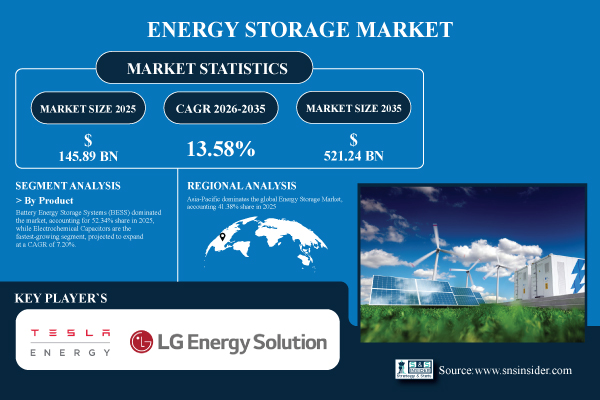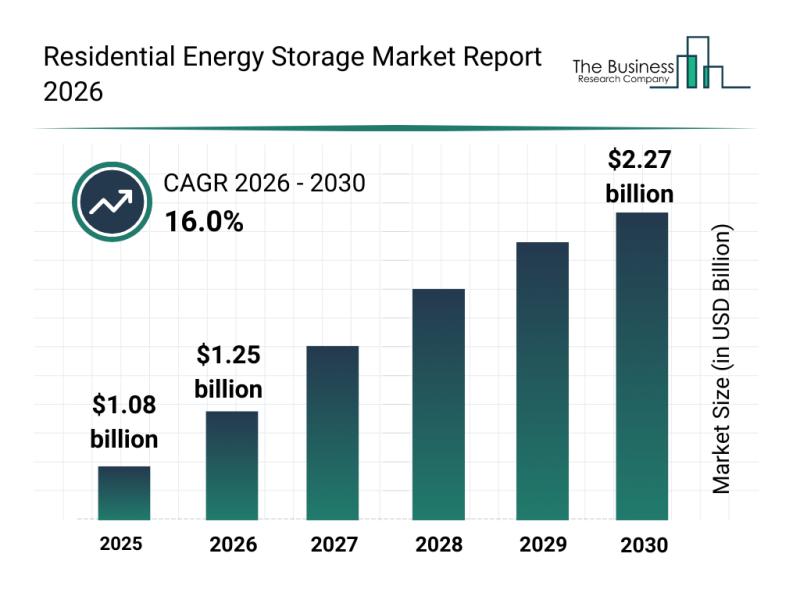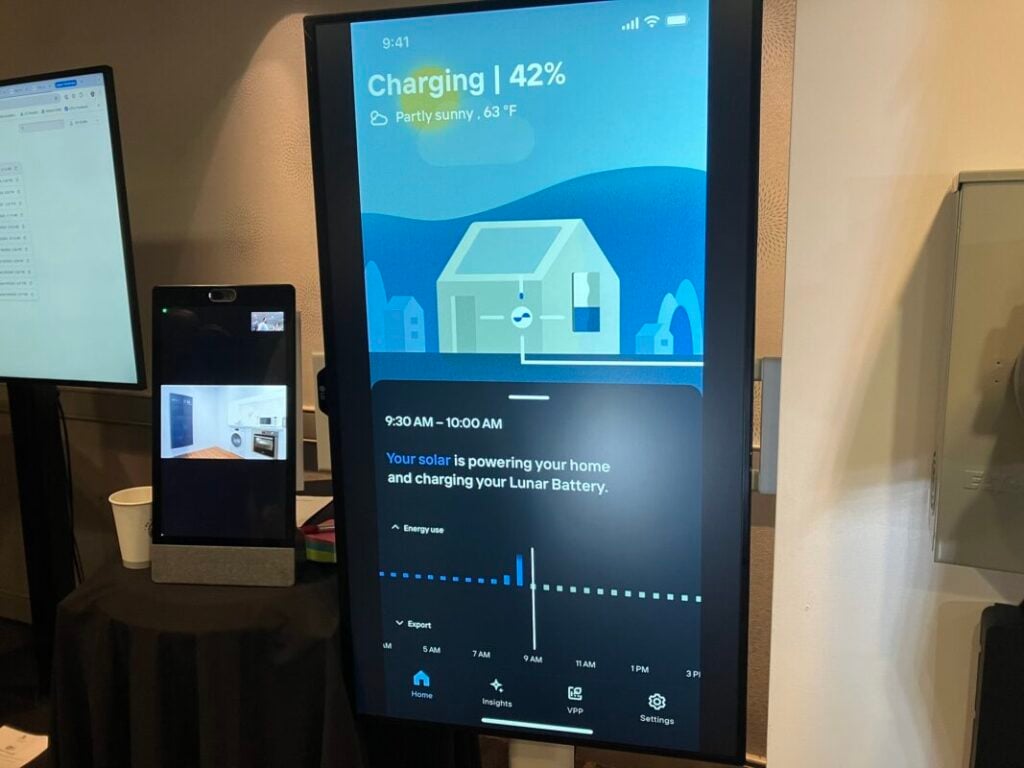As the world shifts toward sustainable energy, solar power continues to lead the charge. While solar panels are effective at generating clean electricity, their full potential is only realized when paired with a reliable home battery backup system. These systems not only improve the efficiency and reliability of solar energy storage but also offer greater energy independence and security. In this blog, we'll explore how home battery backup systems elevate the performance of solar energy, reduce reliance on the grid, and empower homeowners with smarter energy solutions.
Solar panels produce electricity when exposed to sunlight, but they do not store it. This means that any electricity not immediately used is either wasted or sent back to the grid (if net metering is available). This can lead to inefficiencies, especially during peak production hours when energy demand is low. Solar energy storage solves this problem by storing excess electricity in a battery system. This stored power can be used later in the day or during a blackout, making solar a viable 24/7 energy solution.
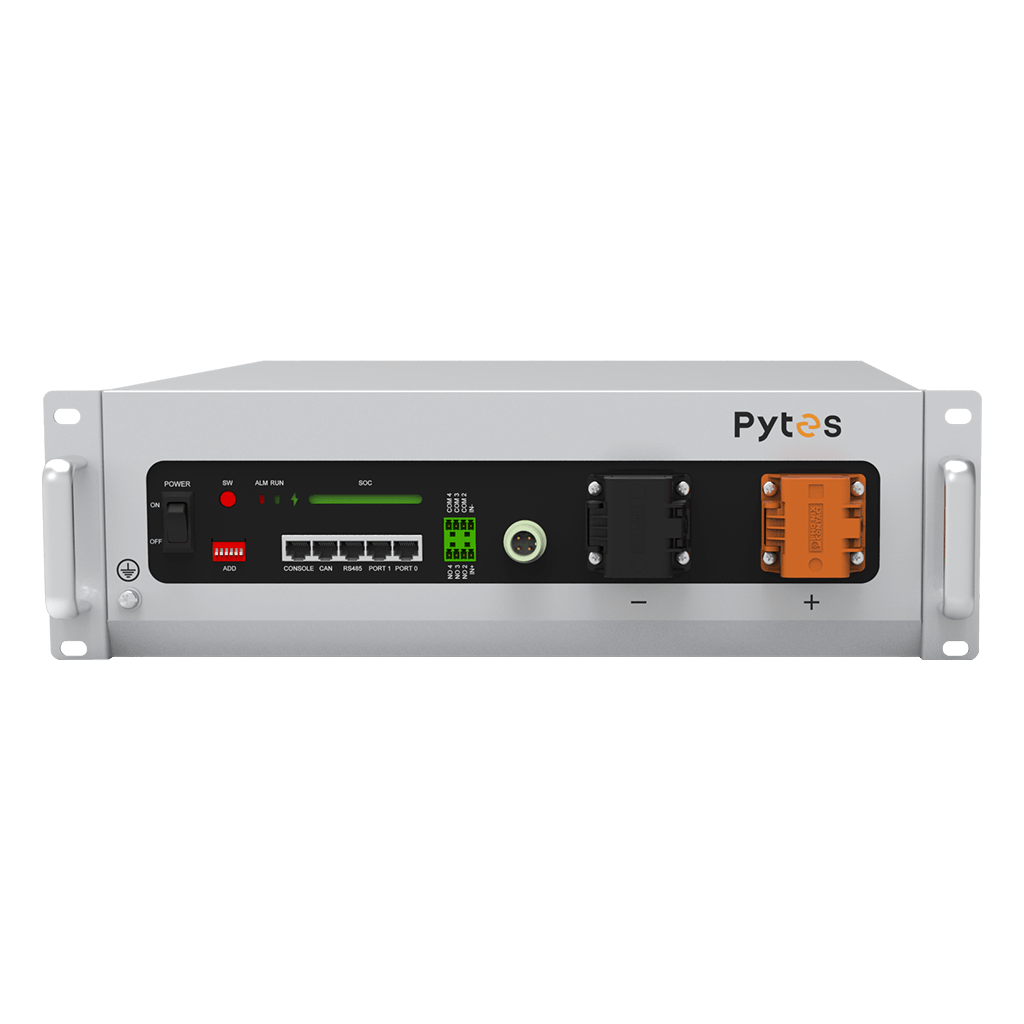
A home battery backup system is a rechargeable battery device used to store energy for later use. These systems are often integrated with solar power systems to store excess solar energy generated during the day. Common battery chemistries include lithium-ion batteries (particularly lithium iron phosphate, or LFP), lead-acid batteries, and newer solid-state technologies. Of these, lithium iron phosphate batteries are favoured for their long life, safety and high efficiency.
Common battery backup products include the Tesla Powerwall, Pytes E-Box 48100R, LG Chem RESU, and Sonnen eco.
1. Energy Independence and Grid Resilience
One of the most compelling reasons to install a home battery backup system is energy independence. By storing excess solar power, homeowners reduce their reliance on the local power grid. This becomes especially important during grid outages caused by extreme weather, natural disasters, or infrastructure failures.
With a battery backup system, your home can seamlessly switch to stored solar energy when the grid goes down, keeping lights on and essential appliances running. This is a huge advantage in areas prone to blackouts or in regions with unstable power supply.
2. Maximizing Solar Energy Utilization
Without a battery, surplus solar energy may go unused or earn only minimal compensation through net metering programs. By integrating a battery system, users ensure that the majority of your solar energy is used within your household. Some systems even allow users to schedule energy use and storage based on time-of-use (TOU) pricing.
3. Power During Emergencies
Traditional solar systems shut down during a power outage due to safety regulations. This is to prevent backfeeding electricity into the grid, which could endanger repair crews. However, when a solar system is paired with a battery backup, it can be configured to operate independently of the grid. This setup, known as “islanding,” ensures that user’s home remains powered even when the grid is offline.
4. Eco-Friendly and Low Maintenance
Modern home battery backup systems are environmentally friendly, especially those based on lithium iron phosphate technology. They do not emit greenhouse gases, require minimal maintenance, and have a long cycle life—often exceeding 6,000 charge-discharge cycles.
In contrast to fuel-powered generators, which are noisy and emit harmful fumes, battery systems offer a silent, clean backup power source that aligns with the goals of sustainable living.
5. Smart Integration with Home Energy Systems
Today’s battery backup systems often come with smart management software and mobile apps that allow homeowners to monitor energy usage in real time. Users can track solar production, battery charge levels, and electricity consumption, all from their smartphones.
This level of control helps homeowners make informed decisions about energy use, optimize their solar investment, and contribute to a more stable and efficient local power grid.
6. Incentives and Financial Benefits
Governments and utility providers across the world are increasingly offering incentives to encourage the adoption of home battery systems. These include tax credits, rebates, and performance-based incentives.
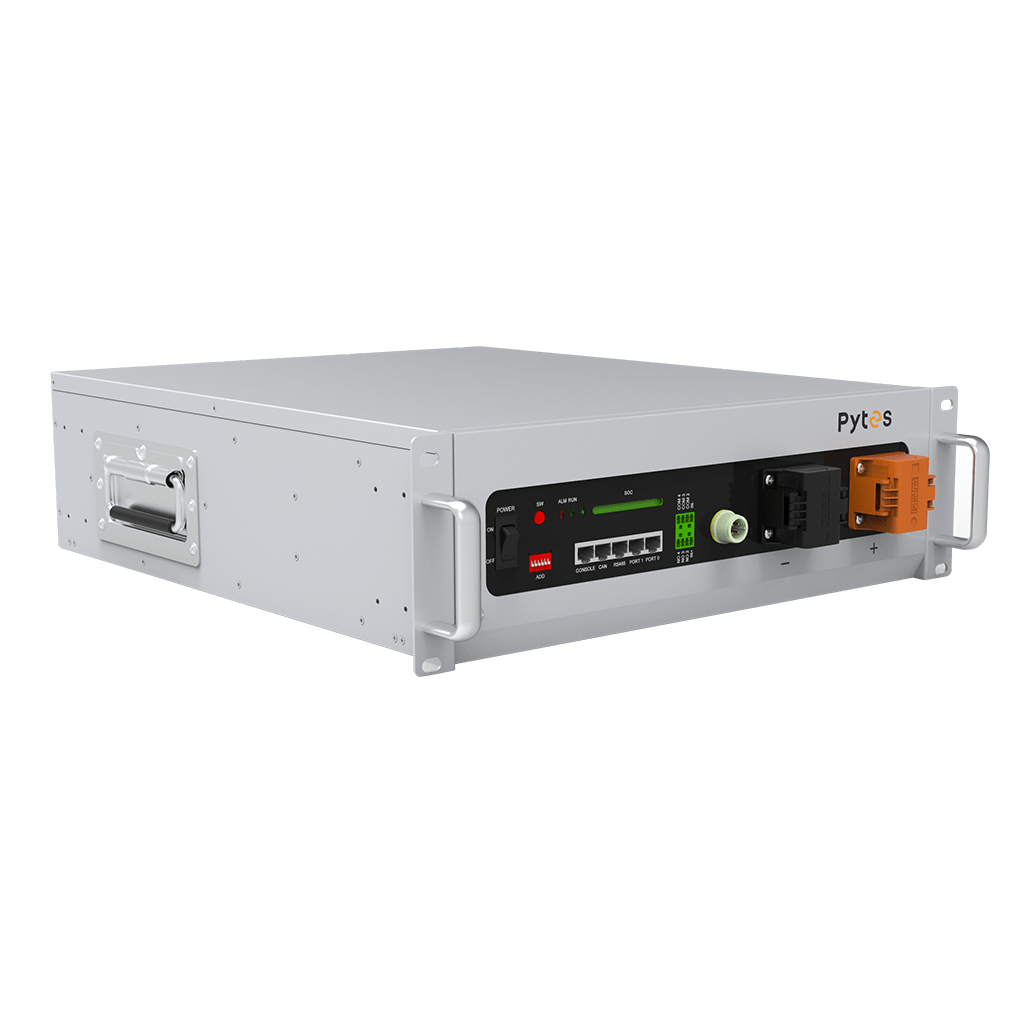
As battery technology continues to evolve, and as energy policies shift to favor renewables, the combination of solar and battery backup systems will play a key role in the future of home energy. Emerging trends like virtual power plants (VPPs) allow homeowners to sell stored energy back to the grid or participate in demand-response programs—further enhancing the financial return and environmental benefits.
Home battery backup systems are more than just a backup plan—they’re a crucial component of modern solar energy systems. From maximizing solar energy utilization and providing reliable power during outages to enabling smart energy management and financial savings, these systems empower homeowners to take control of their energy future. As the technology becomes more accessible and affordable, investing in a home battery backup system is not just a smart decision—it's a sustainable one.
Pytes (USA) Energy, Inc. is a leader in the development of residential energy storage systems. Our goal is to help individuals save money and have peace of mind during power outages by providing ongoing support and leveraging over 20 years of technical expertise. At Pytes, you get reliable and efficient home battery backup systems solutions.
Visit www.pytesusa.com to learn more about the Pytes E-Box 48100R , Pytes V5° or other battery products.
The Role of Home Battery Backup Systems in Solar + StorageSolutions
